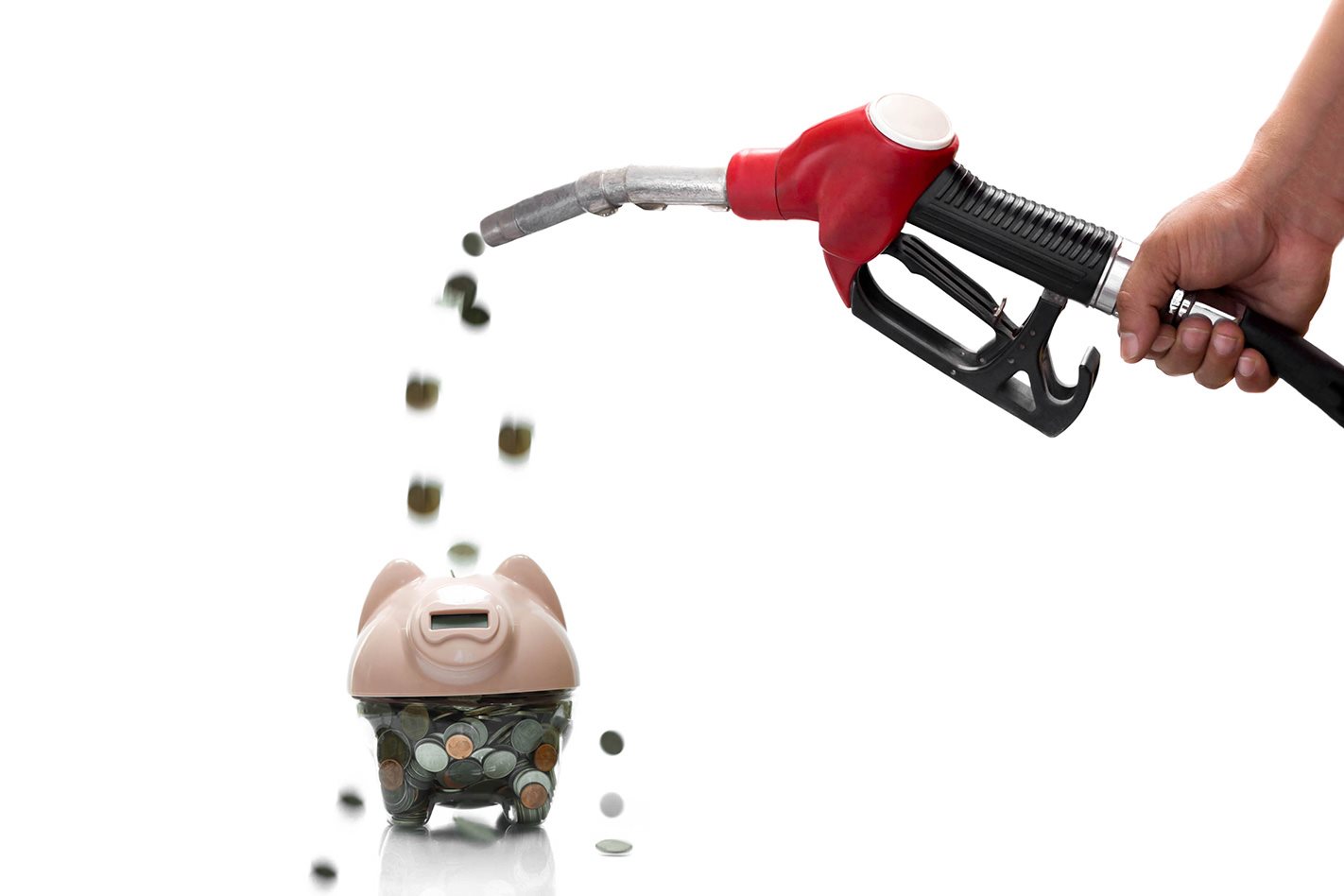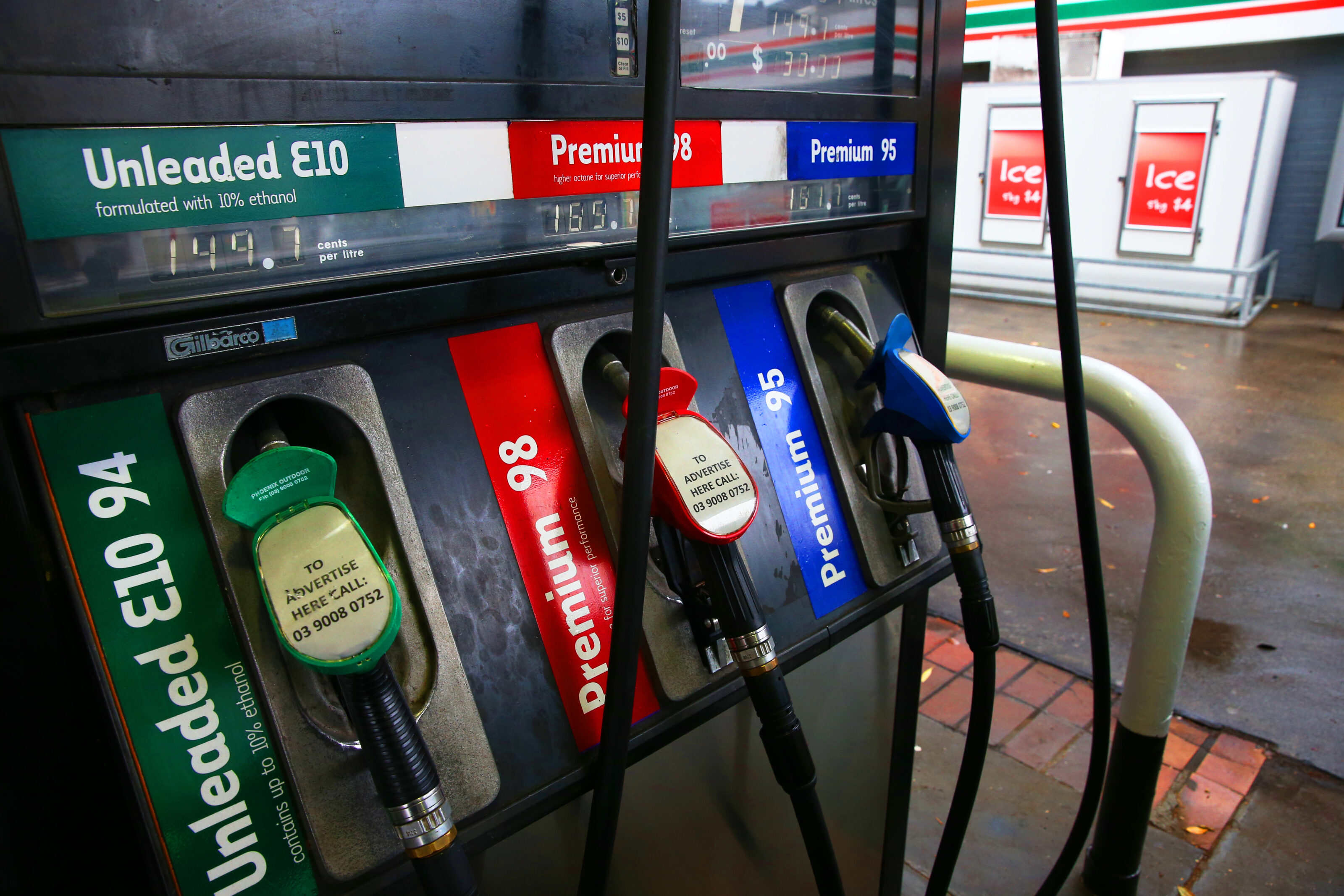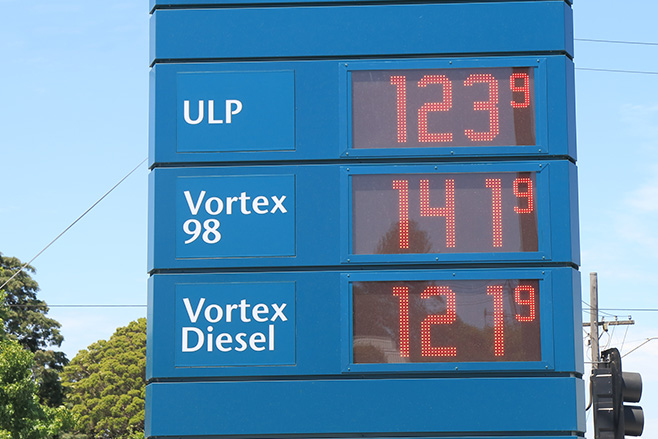
Cuts to the fuel excise have failed to help the hip pocket of Australian families, with transport costs rising beyond $100 a week on average for the first time in six years.
Today peak motoring body the Australian Automobile Association released its latest report showing average weekly fuel costs rose more than $5 to $100.39 a week across the country in the past three months.
According to the AAA data, the typical weekly household transport cost in the capital cities is now $412.21, compared to $342.98 in regional areas, amounting to roughly 15.2% of a household’s income on average.

The latest results include the temporary halving of the fuel excise rate, which due to end next month, inflation at 6.1 per cent and the impact of global price shocks flowing from the war in Ukraine.
“Despite the temporary excise cut, fuel prices are rising and continue to be a significant contributor to cost of living pressures across both regional and metropolitan Australia,” AAA Managing Director Michael Bradley said.
“This is the first time the national weekly average spent on fuel has passed $100 since the index’s inception in 2016.”

In capital cities, fuel costs alone are now hitting an average of $98.37 per week, with Hobart ($102.63 pw), Darwin ($99.84 pw), Sydney ($99.13 pw), Canberra ($98.92 pw), Brisbane ($98.15 pw) and Melbourne ($97.29 pw) the most expensive cities.
But regional areas are being hit even harder, with costs more expensive at an average $102.71 per week, with Bunbury ($122.70 pw), Geelong ($118.31 pw) and Launceston ($114.67 pw) the highest.
After declining in the previous quarter, car loan repayments have risen again too due to higher vehicle prices and interest rates on new cars.
Earlier this year, the former Coalition Government cut the fuel excise in half from 44cpl to 22cpl until September. However, when the Labor Government came to power in May, it said it would not continue the tax cut beyond the date set by its predecessor.




